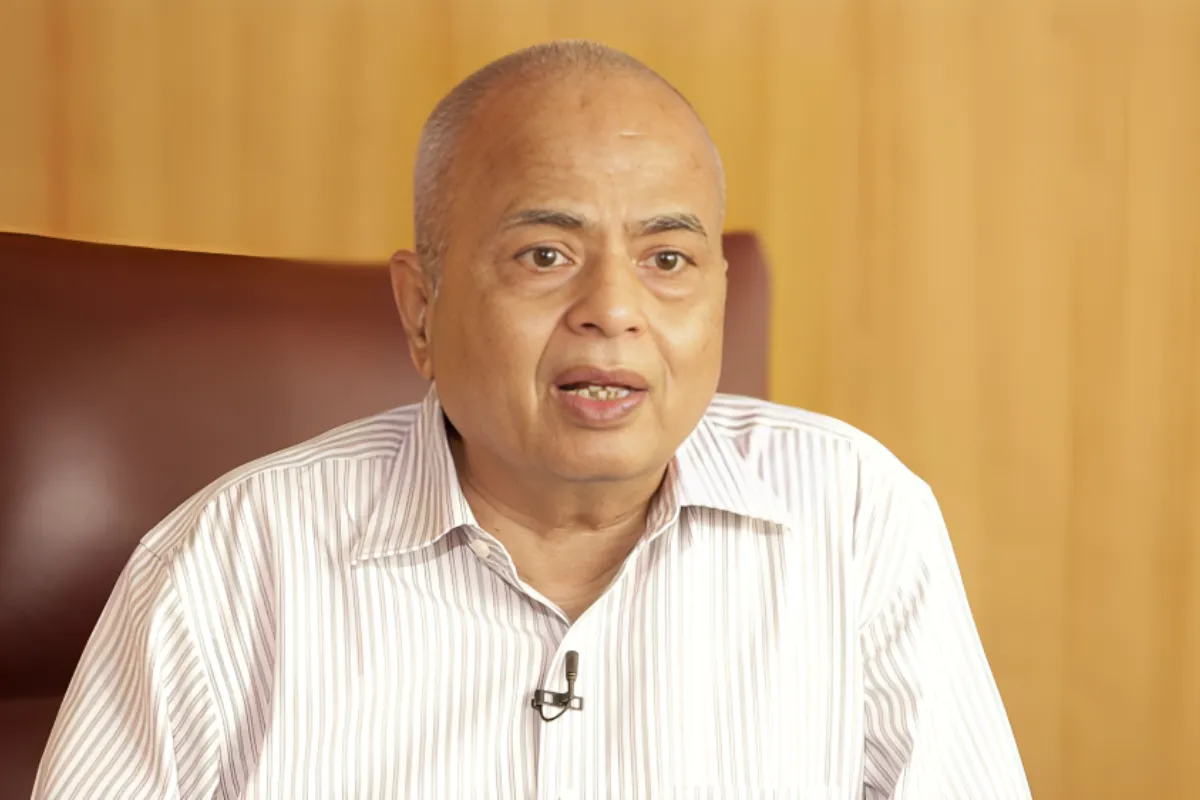Budget 2024: A vote on the temporary union budget is scheduled for February 1, 2024, which falls just before the general elections of that year. Even if the finance minister might not make any significant announcements, a few steps to give taxpayers some temporary relief are likely.
Common Financial Investments
Money kept in a post office savings account or a savings bank account is one of the most frequent financial investments that a person has. The interest generated on funds held in these savings bank accounts is liable to taxation, with a 10,000 rupee deduction allowed per fiscal year.
As per Section 80TTA of the Income-tax Act, 1961, a deduction of up to Rs 10,000 can be claimed from the gross total income if an individual (below 60 years of age) or a Hindu Undivided Family (HUF) has interest income from a savings account held with banks, co-operative societies engaged in banking business, or post office.
Exclusions from Deductions
It is significant to remember that taxpayers are not eligible to deduct any interest they may have received from time deposits at the post office, recurring deposits, fixed deposits, etc. Section 80TTB allows senior individuals (60 years of age and above) to deduct interest income from savings accounts, fixed deposits, and other deposits from certain financial institutions separately, up to a maximum of Rs 50,000.
Incompatibility with New Tax System
It is important to remember that if a person chooses to use the new tax system throughout the fiscal year, they will not be eligible for either Section 80TTA or Section 80TTB (as applicable) deductions. At the moment, interest rates on savings bank accounts vary from three to four percent annually, while fixed deposits and recurring deposits pay out roughly seven percent and six percent of interest annually, respectively.
Higher interest rates are offered by certain banks, but only if a certain amount of bank balance is exceeded. Most banks allow a transition from savings to a fixed deposit while maintaining liquidity, should the need arise, because savings accounts, which are accessible to the majority of people, offer poor interest rates.
Uniform Treatment of Interest
Differentiating the treatment of interest from savings, fixed deposit, or recurring deposit accounts is no longer justified. This is due to the ease with which banks allow money to be transferred from savings accounts to FDs and vice versa. As a result, the government may grant fixed and recurring deposit accounts the same privileges under Section 80TTA as it does for older individuals.
Keep watching our YouTube Channel ‘DNP INDIA’. Also, please subscribe and follow us on FACEBOOK, INSTAGRAM, and TWITTER












